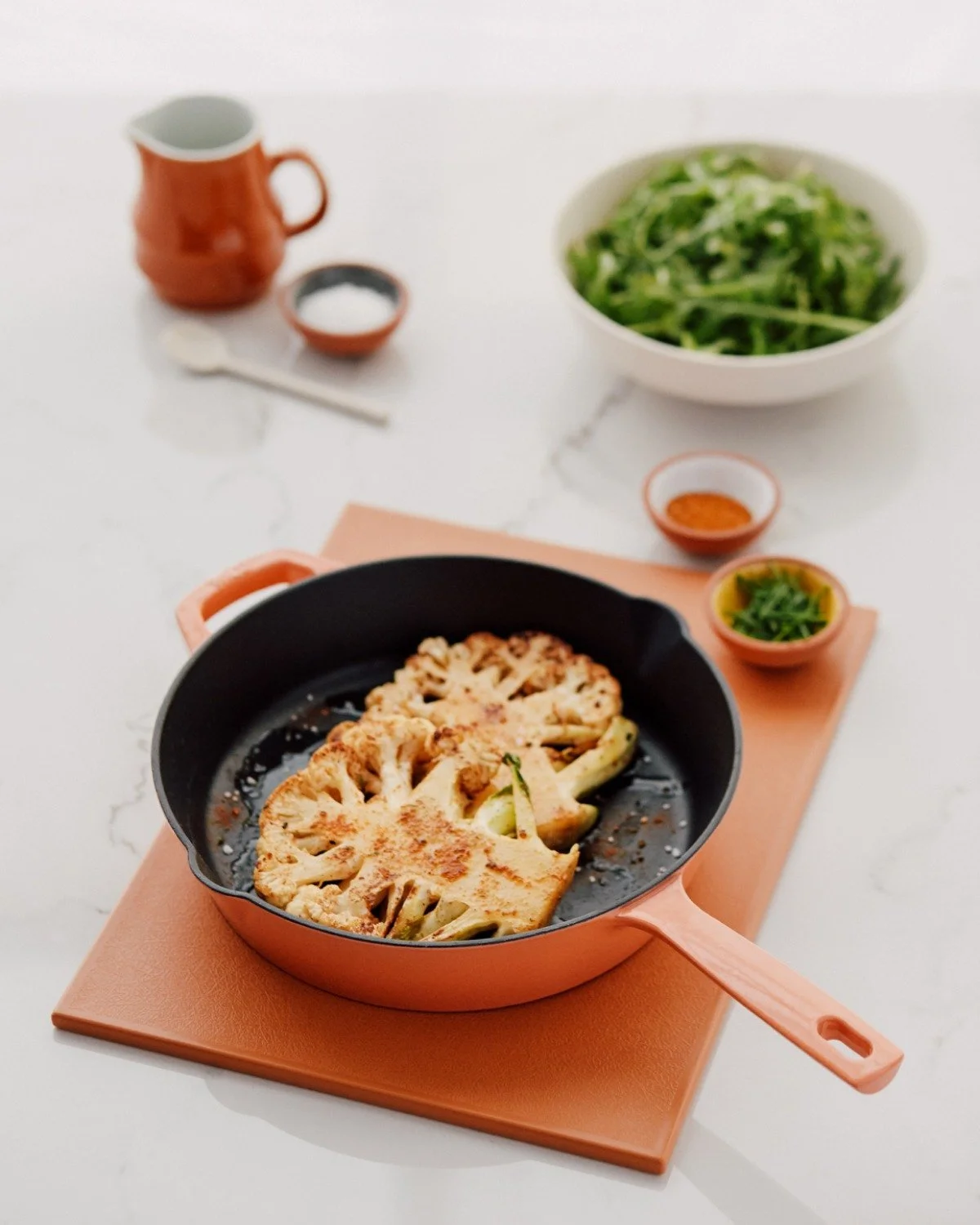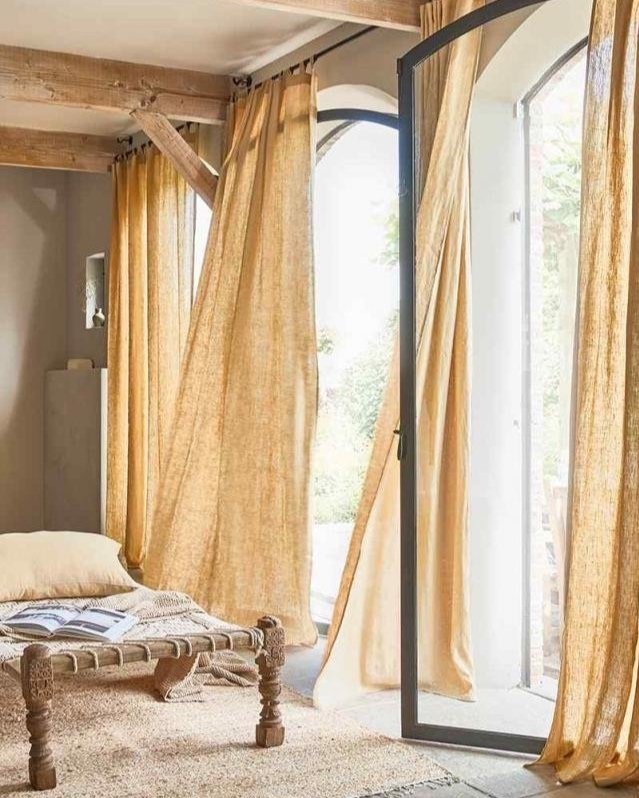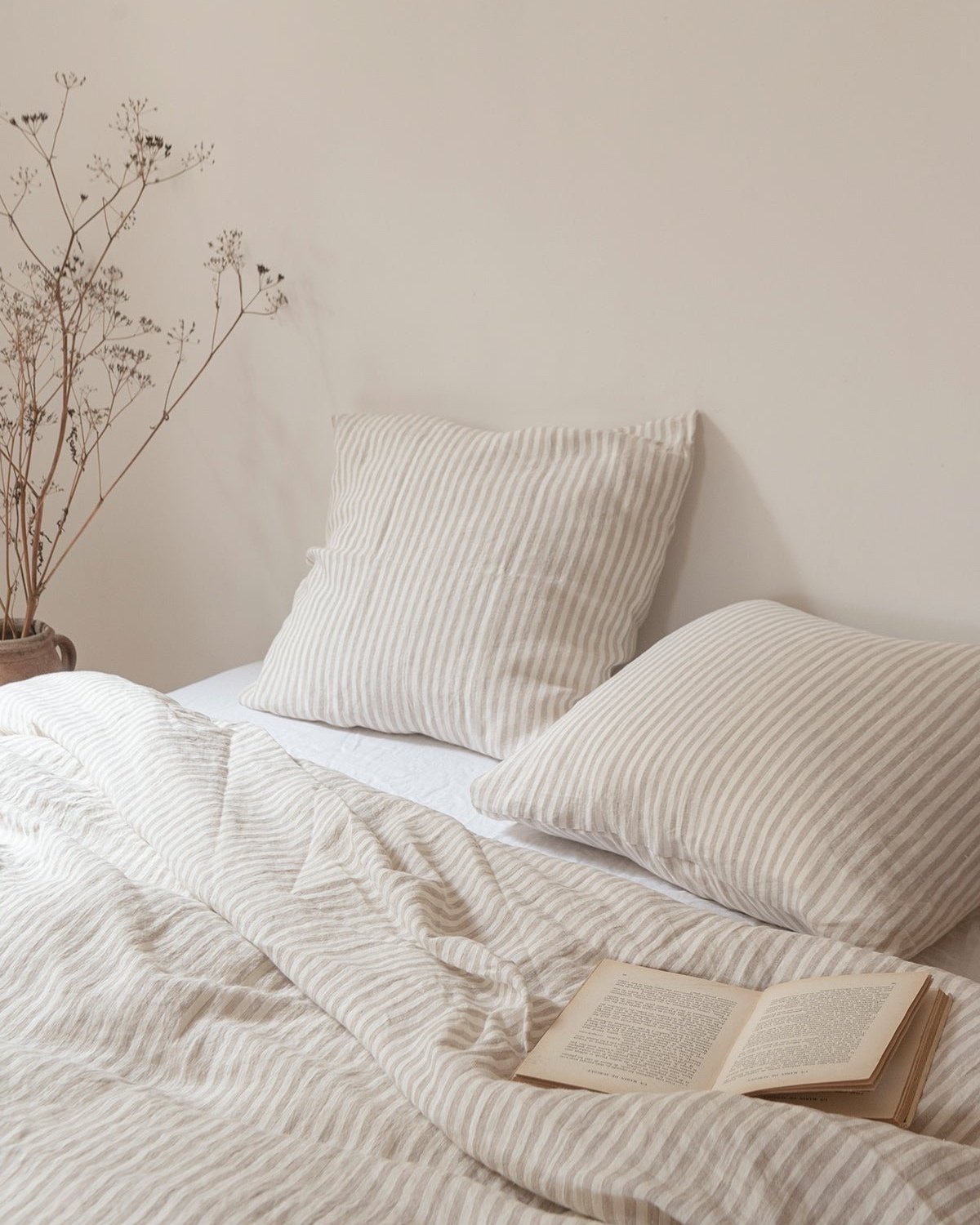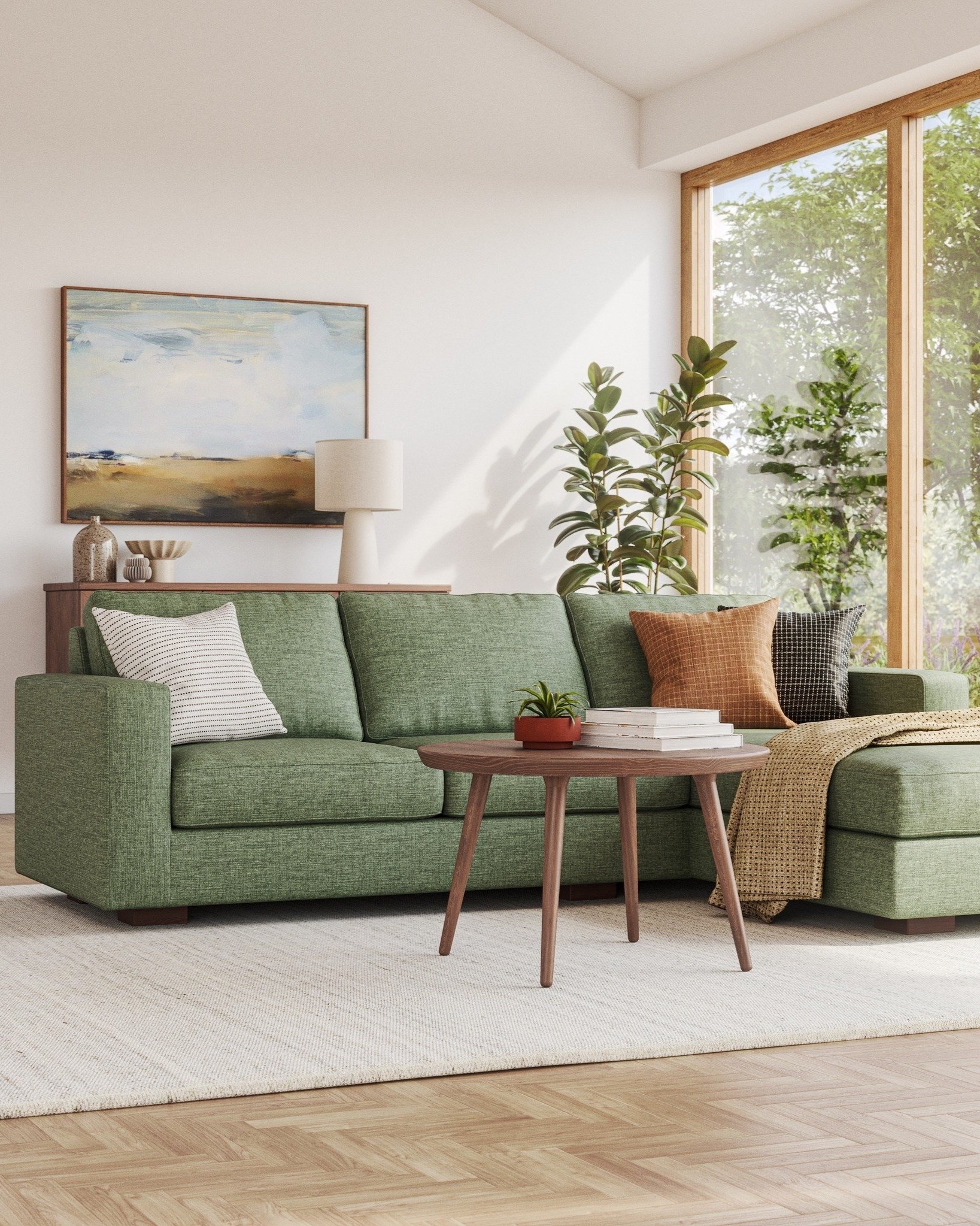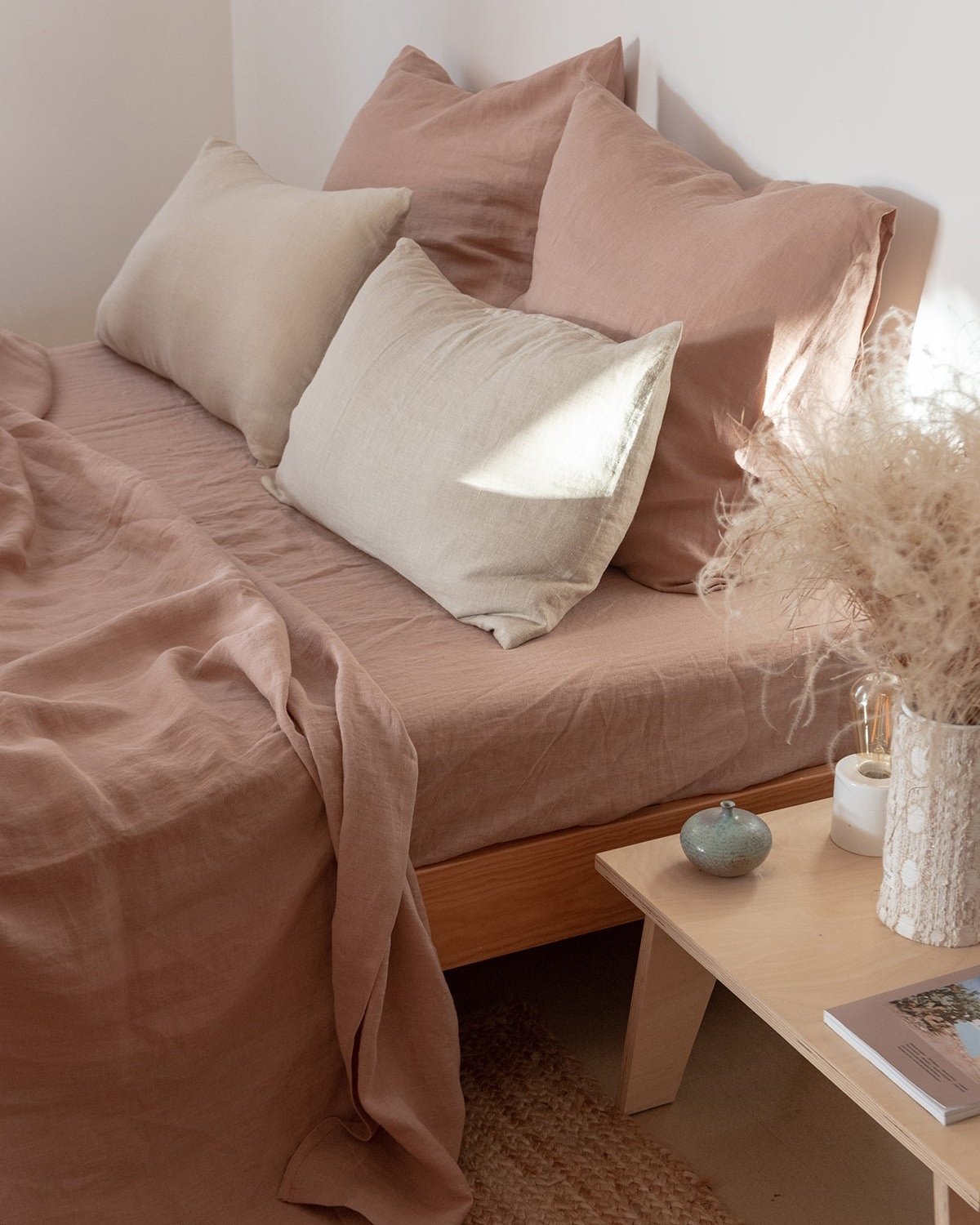How to Practice Slow Living
What is Slow Living?
When we think of slow living, we probably picture a quiet existence spent in a rustic stone, moss-covered cottage in a bucolic wonderland of endless grassy fields and sleepy forests. Not the kind of context most people live in in the twenty-first century.
That might be why slow living can seem unpractical and unattainable to so many people. But slow living is not as much about where you live or how your life appears, but rather about how you live it.
You can practice slow living even when your schedule is packed by tweaking your routine and mind-set so that going at a slower pace and making your days gentler for yourself becomes more attainable.
Practicing slow living can also go hand in hand with incorporating a sustainable mind-set and habits into your daily life by cherishing the things you already own, appreciating the natural world, and steering clear of overconsumption. In this article, we share some ways to integrate slow living practices into your life, even if it's as hectic as ever.
Practice the art of savoring the little things
Even in our most mundane days, we can find small, unassuming glimpses of beauty. Practicing the art of savoring the little things is about cultivating awareness of our world and surroundings. It can be as simple as observing the buildings on our way to work in the morning or looking at the stars on our way back home instead of zoning out on our phones.
On some level, we might think that our daily life is not aesthetically pleasing or exciting enough to deserve our full attention. But training our eyes and ears to look for the beauty around us will make us enjoy it more, regardless of how we might see it now. The sounds of birds singing away in the park, the way everything glimmers at golden hour, the creamy white clouds on sunny days, these little things can bring our awareness back to the here and now and remind us that life can be delightful.
Automate whatever you can
Technology and slow living seem antithetical to some people, but the former can help with the latter if we want it to. Automation is the perfect example: it can help us save time, mental space, and decision fatigue. Automating mundane tasks might mean subscribing to the products you regularly buy instead of buying them yourself or giving automatic bill payments a try. This system can give you more time and energy to focus on what matters most in your free time and avoid the hassle of forgetting to buy or pay for something.
Schedule some brain-dump time
You can think of this as the opposite of mediation, a time to let thoughts pop up as they wish and allow your mind to naturally focus on whatever it wants. You can do this whenever you have time to kill, like on your way to school or work or while you shower.
It is an excellent way to express your thoughts all at once without having a bunch of them on the back of your mind all day, avoid spending time overthinking in bed, and even help you remember important deadlines, tasks, or events you forgot.
Create daily rituals and habits that center you
Creating manageable, gentle daily habits can be a fantastic way to treat yourself, slow down, and bring more balance into your life. Daily practices can also help you become more mindful of your thoughts and feelings, allowing them to surface naturally as your mind slows down.
In addition, integrating simple rituals that are easy to stick to and don't take too much time allows you to focus on yourself even when your days are full. You could journal or keep a diary and write just a few sentences daily on your phone or in a notebook you can carry around with you, have a little dance party by yourself to your favorite songs, or practice a few minutes of gentle stretching before bed.
With some constancy, these habits and rituals will become second nature, allowing you to integrate self-care and slowness into your daily life seamlessly.
Take more nature walks
Spending time in nature is the easiest way to slow down and focus on our surroundings. Only some people can easily access green spaces, but if it's doable for you, try integrating more nature walks into your life. It could reward you with some well-deserved quietness and beautiful sights.
Don't overbook your days
Many of us can't resist the temptation of cramming our to-do list with every single item imaginable and saying yes to every social engagement that gets thrown our way, even if we are running low on energy and have way too much on our plate already.
As dull as it might seem, sometimes balance can be our best friend, a meter of judgment that will hardly leave us feeling exhausted after a day of doing too many things and not taking enough time off.
We often don't get the chance to decide what fills our calendar, and the many mundane requirements of adult life can take up the lion's share of our days. That's precisely why we should be mindful of what we say yes to and how we spend the time we have control over.
Enjoy distraction-free meals
There is nothing wrong with enjoying a show or conversing with someone we love while we eat our meal. But having a distraction-free breakfast, lunch, or dinner can be the perfect way to savor and appreciate the food we or someone else made and slow down naturally, even when busy. So as often as you feel like it, try to avoid mindlessly scrolling during your next meal, and focus more on your food.
Work on one thing at a time and focus it fully
Sometimes, we have no choice but to multitask. But doing too many things simultaneously can make us feel like we are constantly running out of time. Slow living is not about having an empty calendar and endless free time but doing our best not to make our life feel like a race against time.
Whether the task at hand is fun or boring, challenging or effortless, giving it our undivided attention is an easy way to not only carry it out to the best of our ability but also to allow us to slow down on packed days while still completing the tasks we cannot postpone.
Take up a repetitive hobby or craft (like knitting) to help you be still and calm your mind
There is something incredibly soothing about repetitive hobbies and crafts that allow us to seamlessly slow down and focus on one thing and one thing only. Taking up one of these can be especially beneficial if you are someone that doesn't enjoy meditation but is trying to find something that brings similar benefits.
Spend time alone
This tip can be especially beneficial for those of us who live with multiple people, have jobs that involve interacting with many people, or have caring responsibilities. Spending time with other people can be enriching and an essential aspect of the human experience.
But after a day of talking with, working with, and carrying out tasks for other people, it's integral to slow down and spend some time staying on your own, even if you think of yourself as an extrovert.
That's because when we spend time with other people, we set our focus outward, but for at least a little while every day, it is vital to set it inward to notice what we need and feel.
Practice slow living by avoiding overconsumption
Day in and day out, virtually and digitally, we are bombarded with content telling us to buy this or that brand-new item, service, or subscription. Whether it's an influencer on Instagram or a billboard on your way to the grocery store, the world seems to be telling us that there is always something new that we can't possibly live without.
While overconsumption is not something many people can even afford to engage in, there is no denying that the consumption patterns among large swaths of people are unsustainable. If you tend to buy things you don't need much as a form of retail therapy, curbing that habit can not only help lower your individual footprint but also allow you to focus on the present moment and find more joy in other aspects of your life.
Cherish the things you already own
Much in the same vein, cherishing the things you already own can help you focus on the beauty of your everyday life, avoid impulse purchases and cultivate daily moments of stillness and awareness.
It can be as simple as paying attention to the pattern on your favorite mug as you drink your morning coffee, enjoying the texture and feel of your clothes as you get ready before work, or enjoying the prints on your wall as you wait for your dinner to cook.
We tend to think of objects as things to acquire and possess, but if we were to see them as things to spend time with instead, we might cherish them more and get more joy and peace out of them in our everyday lives.
Live in tune with the seasons
For people who live in locations that experience different seasons, living more in tune with them can be a fantastic way to practice slow living. Living in tune with the seasons can mean spending more time inside during the colder months, scheduling more time for socializing in the warmer months, and paying attention to the myriad ways nature changes as the seasons pass.
Eating seasonally can be a splendid way to integrate seasonal living and sustainable practices into your everyday life. Figuring out what is in season locally to you and trying out new fun recipes is a superb opportunity to slow down and enjoy some quiet time while appreciating nature's innate rhythm.
About the Author:
Roberta Fabbrocino is a journalist specialized in climate change and sustainability-related topics. Her articles have been published in several international eco-publications. Roberta also works as a content writer for sustainable companies.
MAKE SURE TO PIN THE PHOTO BELOW TO SAVE THIS POST FOR LATER!
LOOKING FOR SUSTAINABLE BRANDS? VISIT OUR BRAND DIRECTORY!
Our Brand Directory is home to hundreds of sustainable brands, from makeup to cleaning supplies, from underwear to shoes. We have broken everything down by category for easy shopping, along with discount codes unique to Sustainably Chic viewers.










